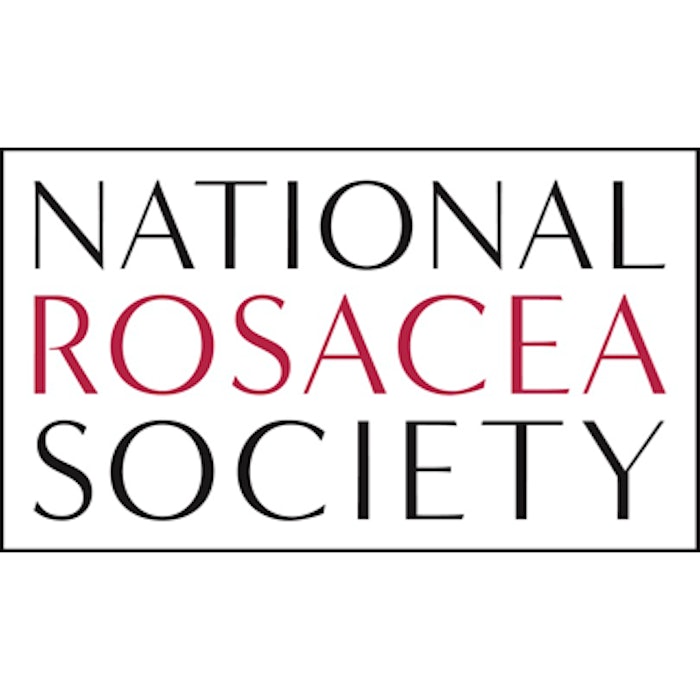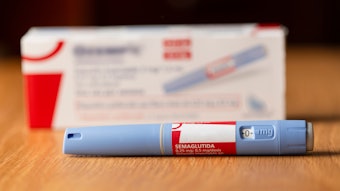
New grants are now available from the National Rosacea Society (NRS) to support research into potential causes and other key aspects of rosacea that may lead to improvements in its management, prevention or potential cure.
“The NRS research grants program has been a leading force for many years in advancing the understanding of the disease process of rosacea,” said Richard Gallo, MD, chairman of dermatology at the University of California, San Diego, and a member of the NRS Medical Advisory Board. “We are now looking forward to increasing this knowledge still further through the support of new studies that may lead to important improvements in patient care and the development of new therapeutic options.”
Funded by donations from rosacea sufferers, the NRS research grants program has awarded more than $1.5 million to support 70 studies, including scientific investigations that have connected the dots in the inflammatory process of the disorder. Other studies have investigated the genetics of rosacea, the skin’s microbiome, changes to tear film development in ocular rosacea, and many other areas.
Because the etiology of rosacea is unknown, high priority will be given to studies relating to such areas as the pathogenesis, progression, mechanism of action, cell biology and potential genetic factors of rosacea. Research in such areas as epidemiology, predisposition, quality of life, and relationships with environmental and lifestyle factors may also be funded.
Researchers interested in applying for 2019 grants may obtain forms and instructions through the research grants section of the NRS website at www.rosacea.org or by contacting the National Rosacea Society at 847.382.8971, [email protected], 196 James Street, Barrington, Illinois 60010.
The deadline for submitting proposals is June 17, 2019.











